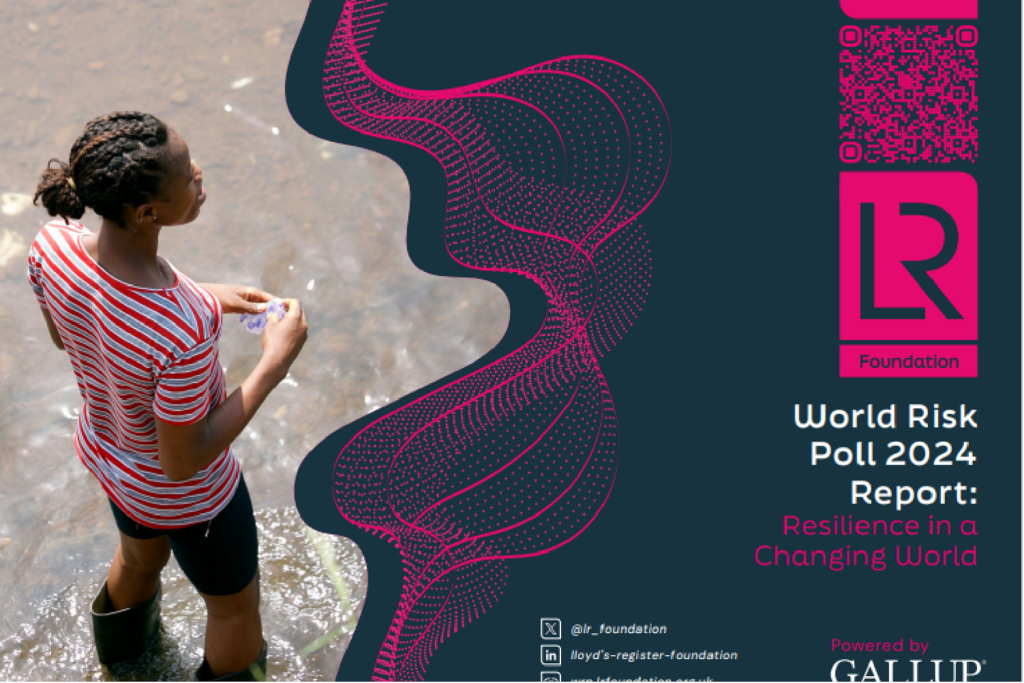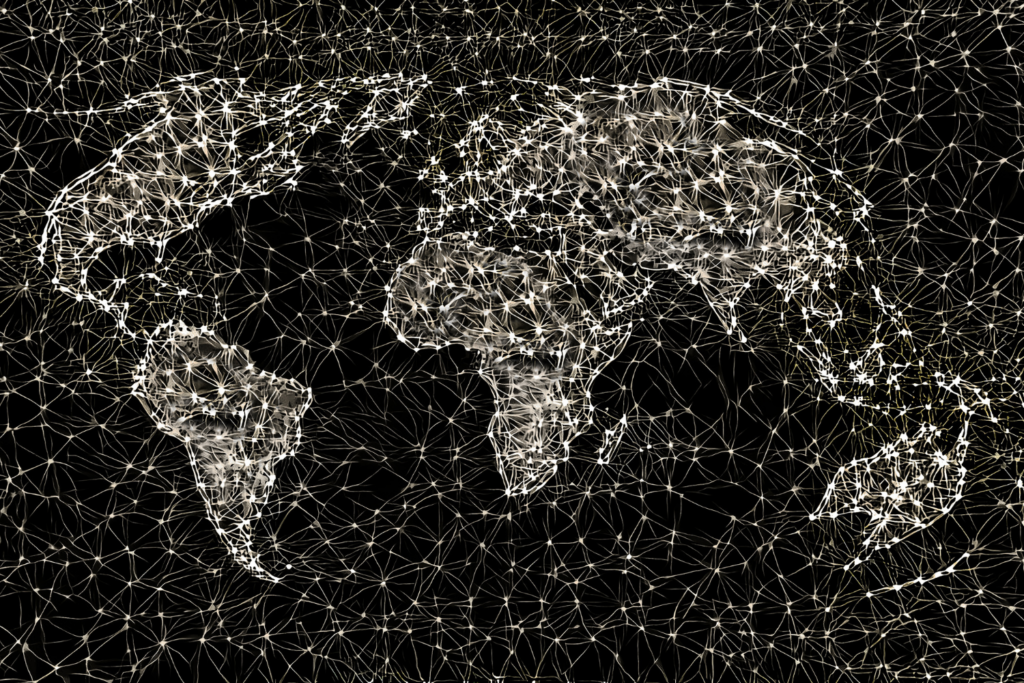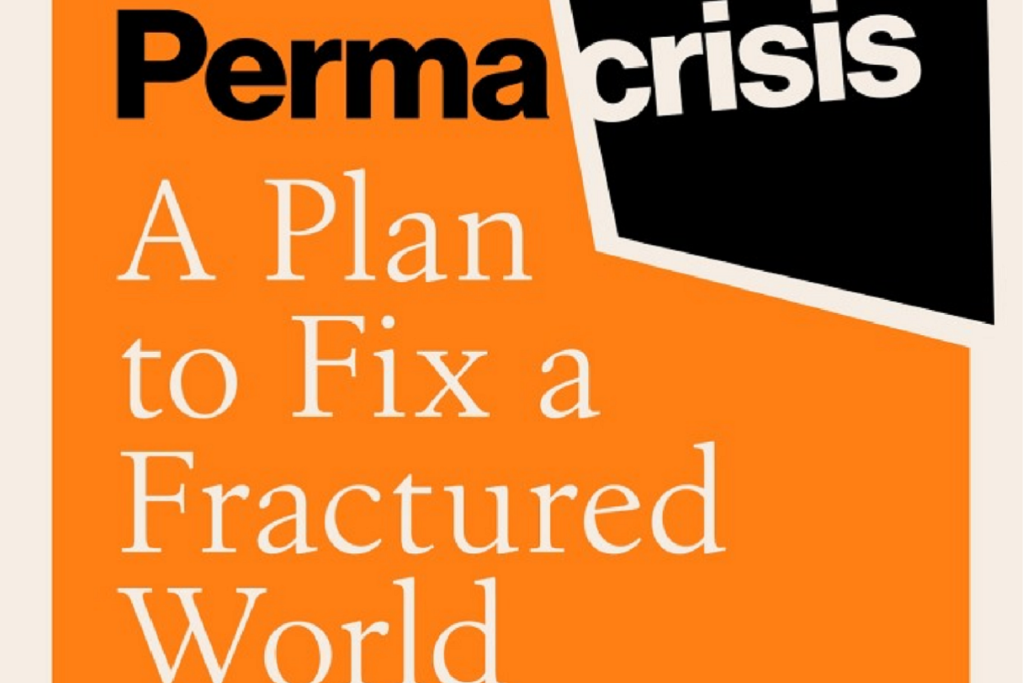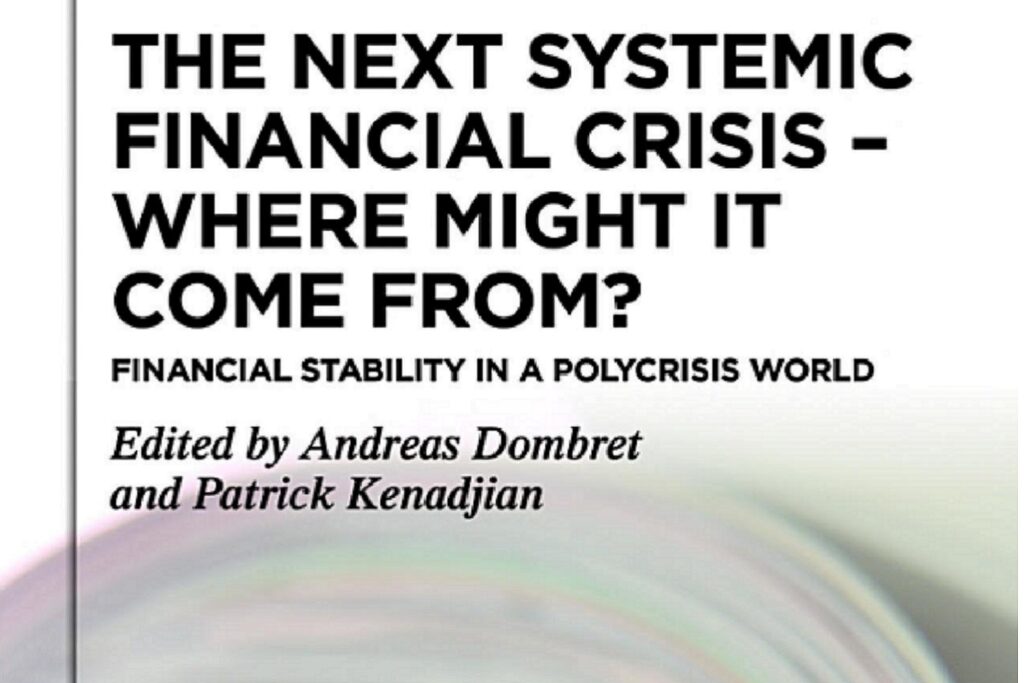Governing in a Complex World Series: Explaining the Global Polycrisis
In this session, Thomas Homer-Dixon, Executive Director of the Cascade Institute, explains the polycrisis concept, how it impacts governance systems, and its implications for policymakers.
Governing in a Complex World Series: Explaining the Global Polycrisis Read More »










